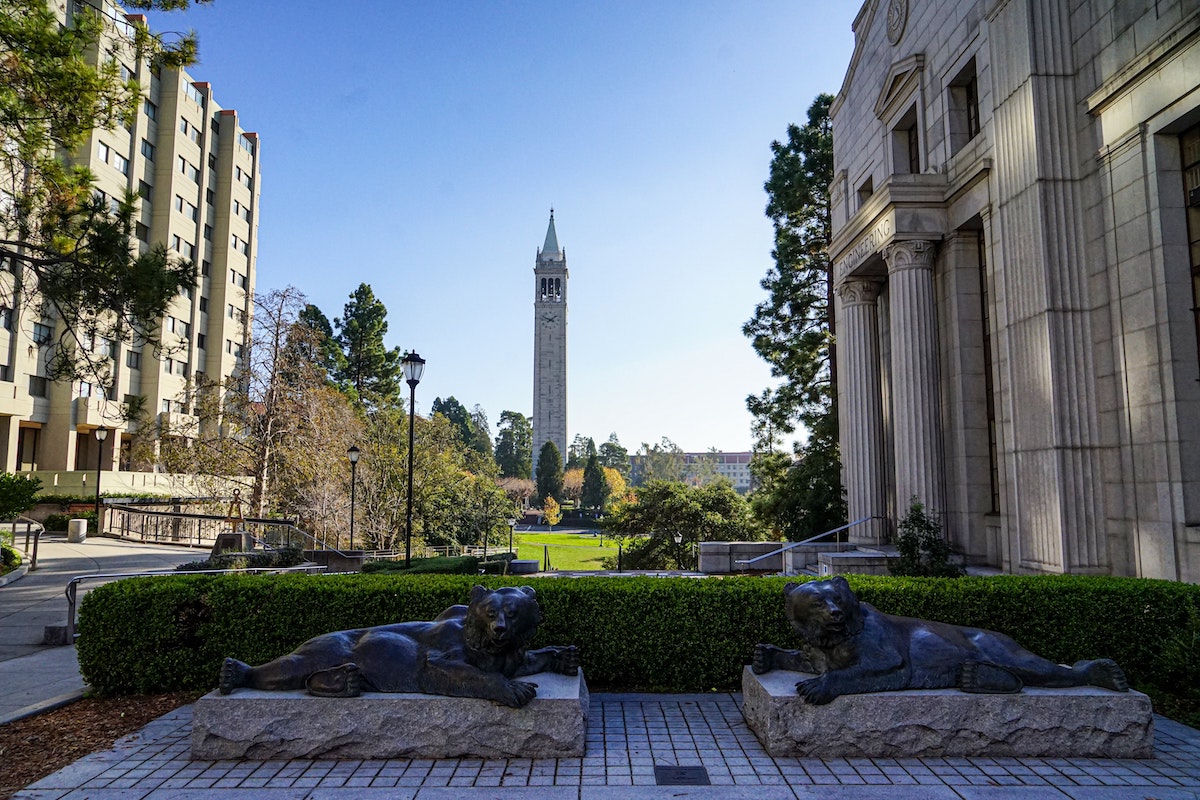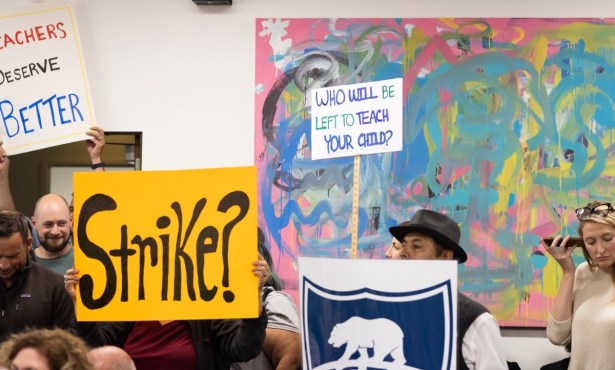California Passes Bill to Reverse Supreme Court Berkeley Enrollment Cap
Bills Proposed in Response to UC Berkeley Could Potentially Impact Future UCSB Housing Projects

California Governor Gavin Newsom signed an emergency bill March 14 to reverse the State
Supreme Court decision to cut UC Berkeley enrollment by 3,000 students. Senate Bill 118 was
introduced Friday March 11 and passed on March 14, and it modifies the California
Environmental Quality Act (CEQA), removing considerations of an increase of enrollment as an
environmental impact.
The bill is one of many pieces of legislation to be created in response to the situation at UC
Berkeley, giving California’s public universities 18 months to review the impacts enrollment
could have on CEQA before the Supreme Court can decide to impose an enrollment cap. The bill
is retroactive and immediate, making it more likely that students that have been cut will be
readmitted this year.
Another bill created to increase student housing and lessen the environmental impact was Senate
Bill 886, drafted by Senator Scott Wiener. SB 886 would improve the process of approval for
campus student housing, through streamlining the review process of the projects under CEQA,
so long as the projects are built by a skilled and trained union workforce, the project is on
university-owned land, and the proposed housing is not located in a high-fire-risk area or a
wetland.
Sign up for Indy Today to receive fresh news from Independent.com, in your inbox, every morning.
Though UC Santa Barbara’s Munger Hall might have not made the cut for this bill due to its
proximity to a wetland, Dick Flacks, a member of the Sustainable University Now (SUN)
Coalition, said SB 118 was most likely passed to avoid further consideration of SB 886. “CEQA
compels careful planning,” Flacks said. “I don’t think there’s any situation other than Berkeley
where CEQA prevented housing being built.”
Flacks went on to say that SB 886 would undermine CEQA and wouldn’t properly address the
student housing crisis in America. Senator Monique Limón agreed that the lack of student
housing causes a large community strain but felt places like UC Santa Barbara are an example of
colleges that can only benefit from environmental review. “[The lack of student housing] means
that fewer students can be accepted, forces them to live further from campus, and places a crunch
on the housing markets in the neighboring areas,” Limón said. Despite this, Limón said CEQA is
a helpful tool that also allows for more community input.
Considering the passing of SB 118, Senator Wiener’s bill most likely will not be passed, though
that remains to be seen. The bill has been referred to the Senate Environmental Quality
Committee for further review.
Support the Santa Barbara Independent through a long-term or a single contribution.



